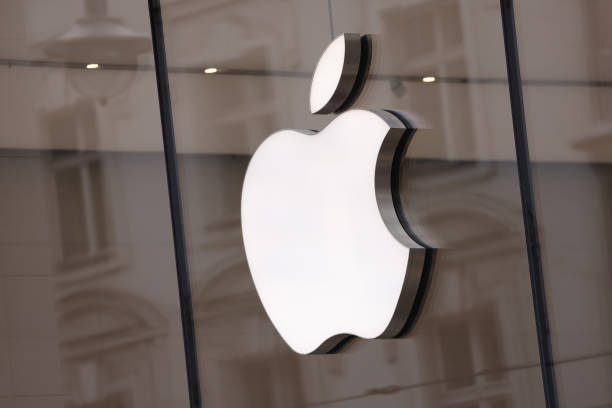
The European Union (EU) has ordered Apple to open its strictly controlled iOS ecosystem to competitors under the Digital Markets Act (DMA), a landmark regulation aimed at fostering and ensuring a fair competition in digital markets, with no adverse affects or uncomfortability on consumers.
This directive, which comes after six months of the commission’s specifications proceedings that happened last year, further emphasizes the findings and measures they previously arrived at which is fulfilling the interoperability obligation.
Apple is required and ordered to take two specific sets of measures – ensure interoperability between its iPhone and iPad operating systems and rival devices and apps, as well as address nine iOS connectivity features primarily used in connected devices, such as smartwatches, headphones, and TVs.
These measures will in turn grant other device makers and app developers better access to iPhone features that interact with other devices. Apple must allow third-party manufacturers of smartphones, headphones, virtual reality headsets, and other connected devices to access key iOS features such as notifications on smartwatches, faster data transfers – peer-to-peer Wi-Fi connections and near field communications (NFC), – as well as an easier device pairing during a device setup.
This will allow for non-Apple devices to connect and work seamlessly with iPhones and iPads.
According to the EU press release, product manufacturers will also have new opportunities to introduce innovative products to the market, where they can improve the user experience for consumers based in Europe.
In addition to the above measures, Apple is also required to overhaul their process for handling interoperability requests from app developers. Interoperability is important as it opens new opportunities for third-parties to develop other innovative products and services on Apple’s “bottleneck” operating system. In turn, it will enable a seamless integration of these third-party products into the Apple ecosystem.
As such, these measures will include providing greater transparency, faster response times, and access to technical documentation on iPhone and iPadOS features that are currently unavailable to third-parties.
“Today’s decisions mark the first time the Commission has set out concrete measures for a gatekeeper to comply with the Digital Markets Regulation. Companies operating in the EU, regardless of their place of incorporation, must comply with EU rules, including the Digital Markets Regulation,” says Teresa Ribera, the Executive Vice President of the EU for a Clean, Fair, and Competitive Transition.
“Effective interoperability for third-party connected devices is an important step towards opening up Apple’s ecosystem, which will lead to better choices for consumers in the rapidly growing market for innovative connected products. Developers will also now enjoy greater transparency regarding how Apple handles their interoperability requests.”
The EU’s decisions – assist Apple with compliance by detailing the measures necessary for third-party interoperability with iOS, and streamlining Apple’s established procedure for handling future interoperability requests with iPhone and iPad devices – are legally binding.
Apple must comply with these orders. If found non-compliant, the tech giant faces potential investigations and fines of up to 10% of its global annual turnover. This actually makes it the first time the commission is enforcing compliance under the DMA against a big tech company.
However, Apple has strongly criticized the bloc’s decision, as the tech giant argues that the stipulated measures will harm consumers and innovation in the long run. The company claims that the directive imposed signifies excessive bureaucracy, and will slow down its ability to innovate for European users, as well as force the company to give away new innovative features for free to competitors who do not follow the same rules.
“Today’s decisions wrap us in red tape, slowing down Apple’s ability to innovate for users in Europe and forcing us to give away our new features for free to companies who don’t have to play by the same rules,” Apple said in a statement.
But the European consumer organization BEUC begs to differ, as they think the EU directive is a straightforward implementation of the law that’d ensure a level playing field and an even greater choice for European consumers.
“For too long, Apple has operated a walled garden around its products and prevented interoperability,” Director General Agustin Reyna said.

